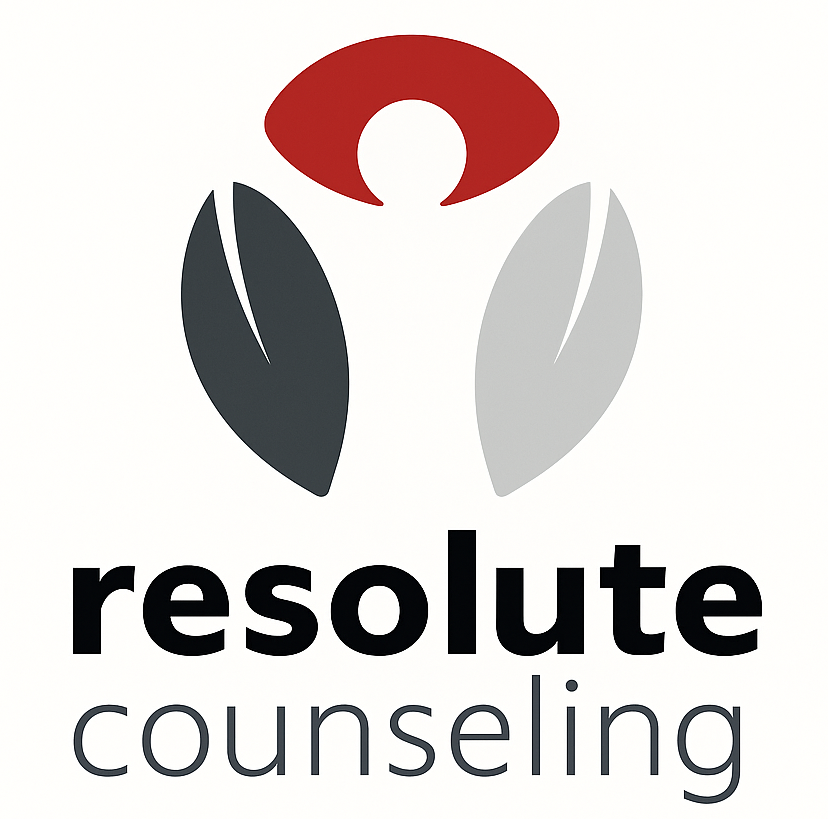Hello, my name is Mike, and I have a dependency to digital devices. I have admitted to this problem and how it has impacted my brain, my daily schedule, and my quality time with others. I can admit to this being an issue in my life, but can you? Statistics show that I am not alone with my dependency. The average American adult spends 35-40 hours a week in front of a computer, phone, or digital device. What is probably more alarming is that adults check their cell phone every 6.5 minutes. Our brains are becoming wired for constant checking of the phone, switching from app to app, and handling multiple processes at once. The problem is that our brains become very fatigued and then become dependent on the hormonal release we get from checking and receiving messages.
At some point does our dependence to devices become an addictive behavior? Addiction is defined, broadly, “as the compulsive need for and use of a habit-forming substance characterized by tolerance and by well-defined physiological symptoms upon withdrawal.” Most of the people I encounter would label their use of the digital devices (phone, computer, video game devices, etc.) as a necessary evil. It is justified as a way to stay connected to others, keep up with the job/business, or disengage and unwind. But, the reality is that we are becoming increasingly wired and dependent to our devices while actually becoming even more disconnected from one another.
In a recent study, it was found that 1 in 5 American adults suffer from persistent loneliness. Social media use is labeled as one of the primary causes for this. How ironic that something like overuse of social media is actually causing loneliness, insecurity, depression, and a whole host of physical problems. In the social media world, only the very best of someone’s life is typically shared with others. Pastor Steven Furtick, from Elevation Church, was quoted as saying, “The reason we struggle with insecurity is because we compare our behind-the-scenes with everyone else’s highlight reel.”
Replacing actual human conversation and connection with digital connection is stunting and eliminating our intimate relationships. This can deteriorate any sense of vulnerability and genuine shared experiences that are so crucial to emotional closeness between people. Having actual experiences together allows for human connection that God designed when He called us to be relational. Instead of typing that we will pray for someone, we can actually pray with someone if we are present. Instead of clicking a sticker emoji on someone’s post, we can actually demonstrate empathy, compassion, and understanding when we spend uninterrupted time.
The biggest population that is being affected by the digital revolution is the younger generation. Teens are struggling more than ever in learning how to self-regulate and understand their emotions. They are turning to their devices to dissociate in a social media world. People are seeking more for the reward of the social media connection as opposed to true vulnerability and safety in face-to-face human connection.
So, what are all of us to do in lessening the impact of digital internet devices? Certainly digital devices are not going anywhere. There are many positive aspects about them so finding appropriate use is the key. Here are some suggestions for individuals and families:
- Boundaries in morning and bedtime – It is a good idea to not check your digital device the first 30 minutes after you wake up and also eliminate use about 60 minutes before bed.
- Leave the devices out of the bedrooms – Find a common place where all devices can be plugged in somewhere in the house away from the bedrooms to avoid the temptation.
- Put the phone on Airplane Mode – Nearly all cell phones have an airplane mode, which essentially shuts down the internet from the phone. This still allow for the device to be used for other things like the camera and music.
- Create boundaries with your time – Set aside certain time in the day to check email, texts, and other apps.
- Take a detox – Have either days of the week or take several days at a time to leave the devices behind. Your brain and body need the time. Your creativity will return and so will your ability to yearn for actual human connection.
Michael Linn is a Licensed Professional Counselor in the state of Pennsylvania and a Nationally Certified Counselor. He is the owner of Resolute Counseling, located in Chambersburg, Pennsylvania. He can be reached by calling 717-264-0450 or visiting www.resolutecounseling.com.



